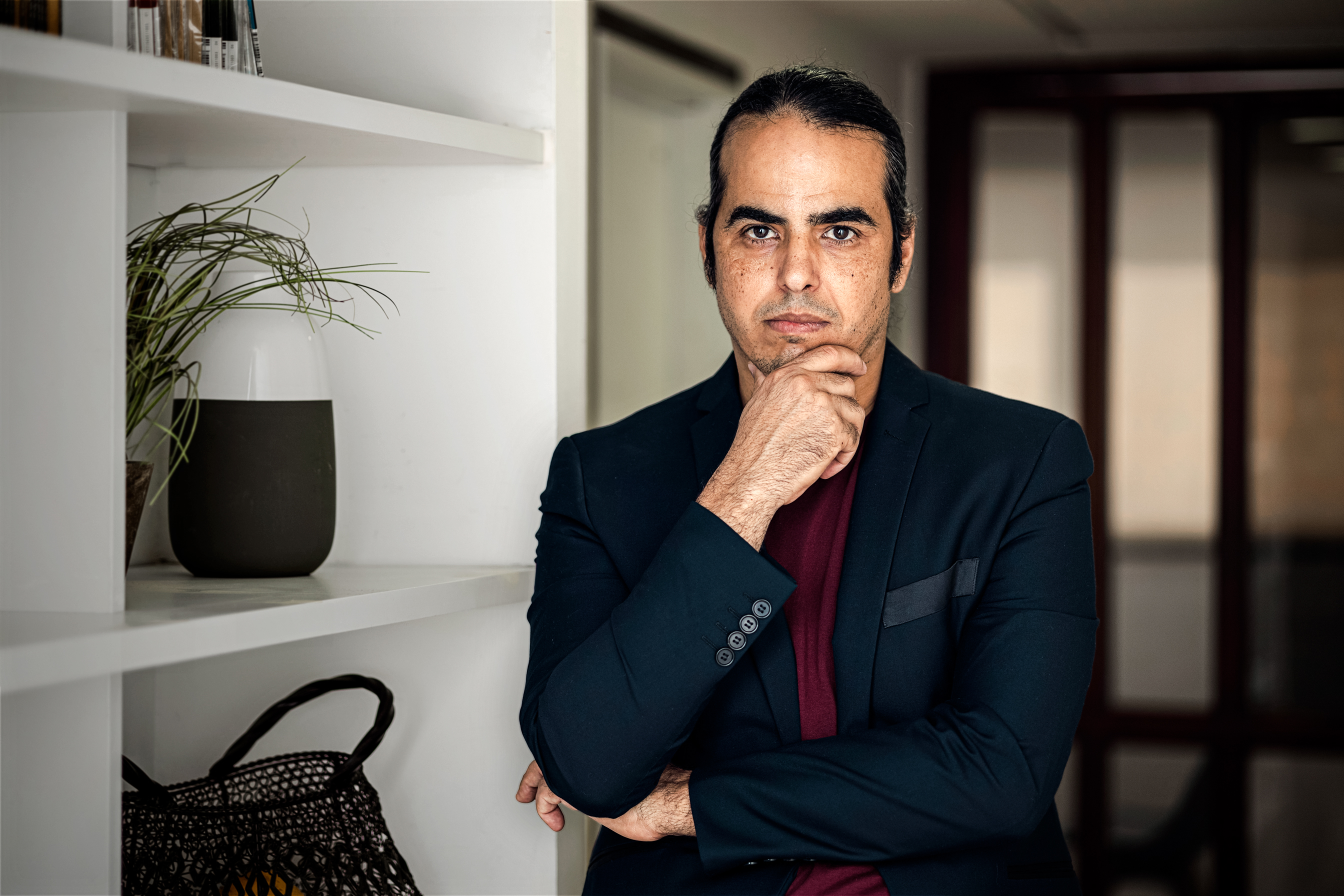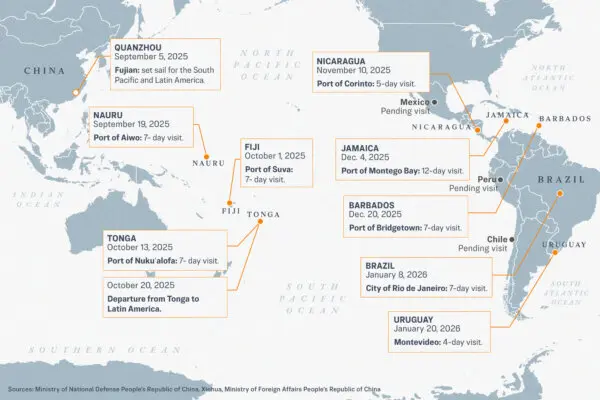Dor Shachar grew up as Aiman Abu Suboh in a Muslim family of five in the Gaza Strip city of Khan Yunis. At age 7, he was taught in school that he had to kill Jews. At the age of 12 1/2, he ran away from home and lived on a construction site in Israel. In an interview with The Epoch Times in Israel, Mr. Shachar tells his story.
Dor Shachar: When I started school, in first grade, for about a month, they taught us to write letters in Arabic and read. After a month, they began teaching us to kill Jews. They told us at school, “It’s a great commandment to kill Jews because they took your land, and you will fight until the last drop of blood to regain the land.” They explained to us that the land includes Jaffa, Tel Aviv, Jerusalem, the entire country of Israel, basically.










